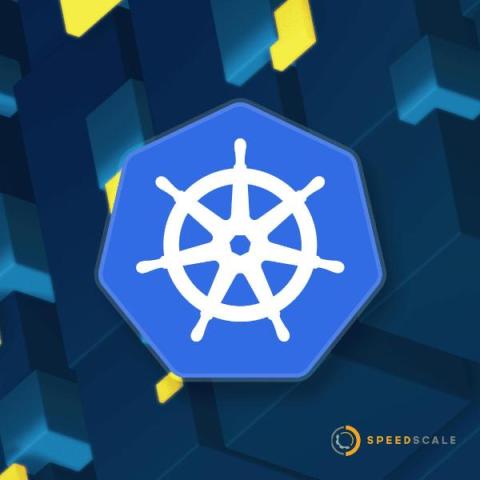Multiplayer Environments: Organize and Manage All Your System Information with Ease
Multiplayer Environments helps you organize and track your development environments. Streamline system information management and improve productivity by centralizing all of your system data in one place.











